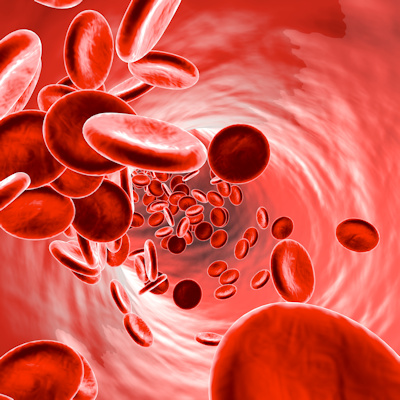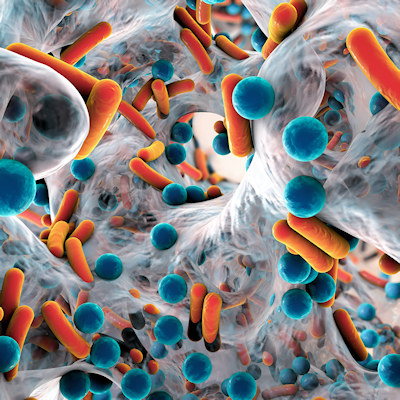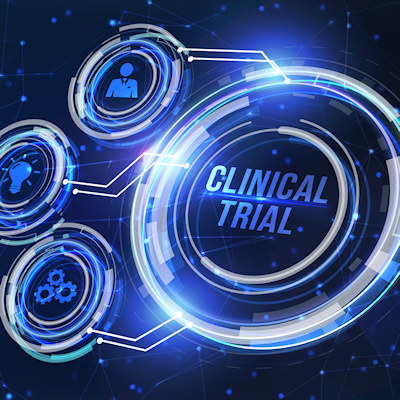May 2, 2023 -- The U.S. Food and Drug Administration (FDA) on Tuesday said that it is taking additional steps to support the use of decentralized clinical trials (DCTs) for drugs, biologics, and devices, where some or all the trial-related activities occur at locations other than traditional clinical trial sites.
The agency released a new draft guidance that provides recommendations for sponsors, investigators, and other stakeholders regarding the implementation of DCTs to advance medical product development and research.
"The FDA has long considered the benefits of decentralized clinical trials," FDA Commissioner Dr. Robert Califf said in a statement. "Advancements in digital health technologies and the COVID-19 pandemic -- when in-person visits were limited or unavailable for many trial participants -- have accelerated the broader adoption of these activities. As we seek to improve our evidence generation system, decentralized clinical trials may enhance convenience for trial participants, reduce the burden on caregivers, expand access to more diverse populations, improve trial efficiencies, and facilitate research on rare diseases and diseases affecting populations with limited mobility."
Examples of decentralized elements include obtaining laboratory tests at a local facility rather than a research medical center or conducting a clinical follow-up visit in the trial participant's home using telemedicine.
Decentralizing clinical trials will allow some or all trial-related activities to take place at trial participants' homes or other convenient locations instead of having them visit research sites, the FDA noted.
By reducing barriers to participation, the agency anticipates that DCTs will increase the breadth and diversity of participants in clinical trials and improve accessibility for those with rare diseases or mobility challenges.
"We anticipate that this approach will facilitate the development of drugs including in areas of medical need, resulting in more treatment options and improved patient outcomes," the FDA said in a statement.
This draft guidance builds on agency recommendations issued in 2020, which provided clarity for investigators to facilitate trial decentralization in response to the COVID-19 public health emergency and associated disruptions such as quarantines, site closures, and travel limitations.
While the FDA's regulatory requirements for investigations of medical products are the same for DCTs and traditional site-based clinical trials, the new draft guidance covers recommendations on the following topics:
- design considerations for a DCT
- conduct of remote clinical trial visits and clinical trial-related activities in a DCT
- use of digital health technologies to remotely acquire data in a DCT
- roles and responsibilities of the sponsor and investigators in a DCT
- obtaining informed consent (IC) and institutional review board oversight of the IC process in a DCT
- determination of the appropriateness of investigational products for use in a DCT
- packaging and shipping of investigational products in a DCT
- safety monitoring of trial participants in a DCT
The agency noted that information relating to its DCT initiative is available at the following links:
- Digital Health Technologies (DHTs) for Drug Development
- The Evolving Role of Decentralized Clinical Trials and Digital Health Technologies
- FDA: Conduct of Clinical Trials of Medical Products During the COVID-19 Public Health Emergency
- Advancing Oncology Decentralized Trials
- FDA: Digital Health Technologies for Remote Data Acquisition in Clinical Investigations
Copyright © 2023 scienceboard.net












